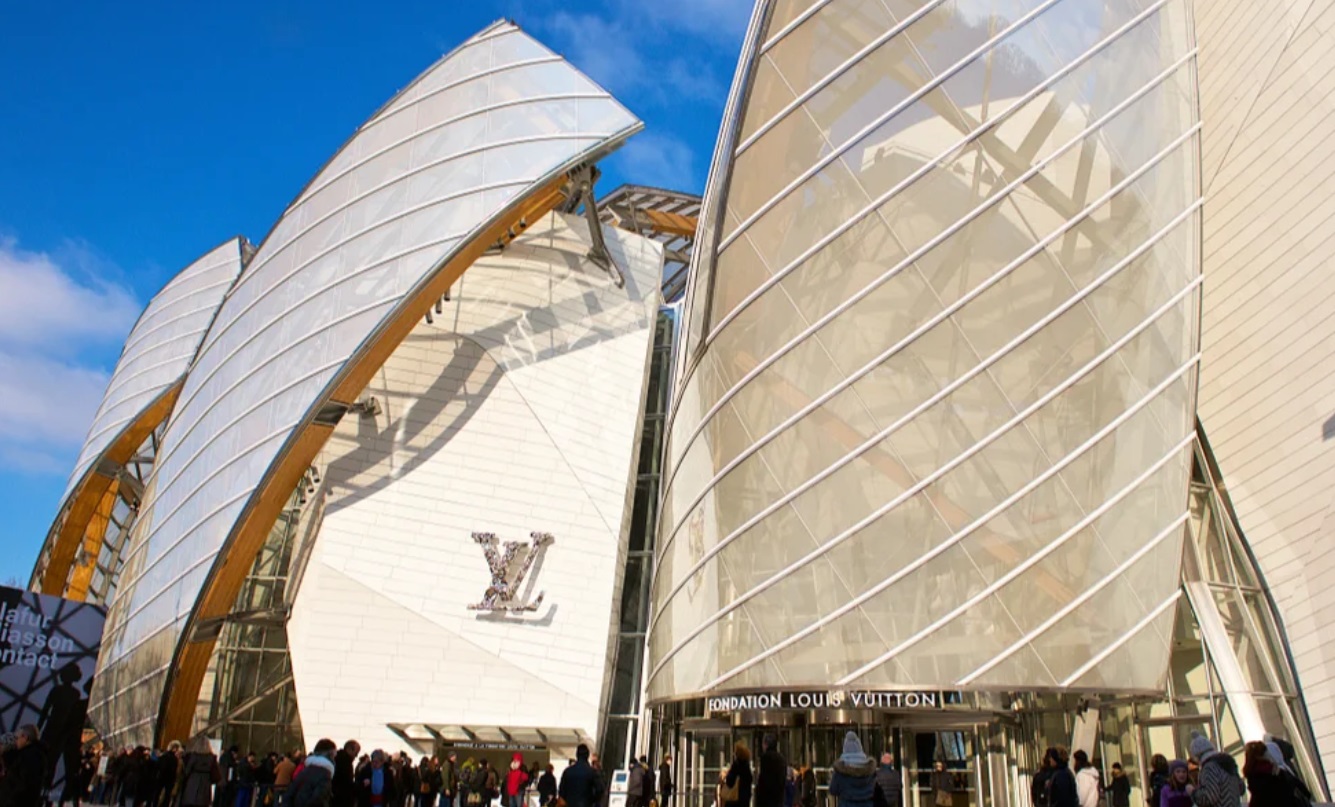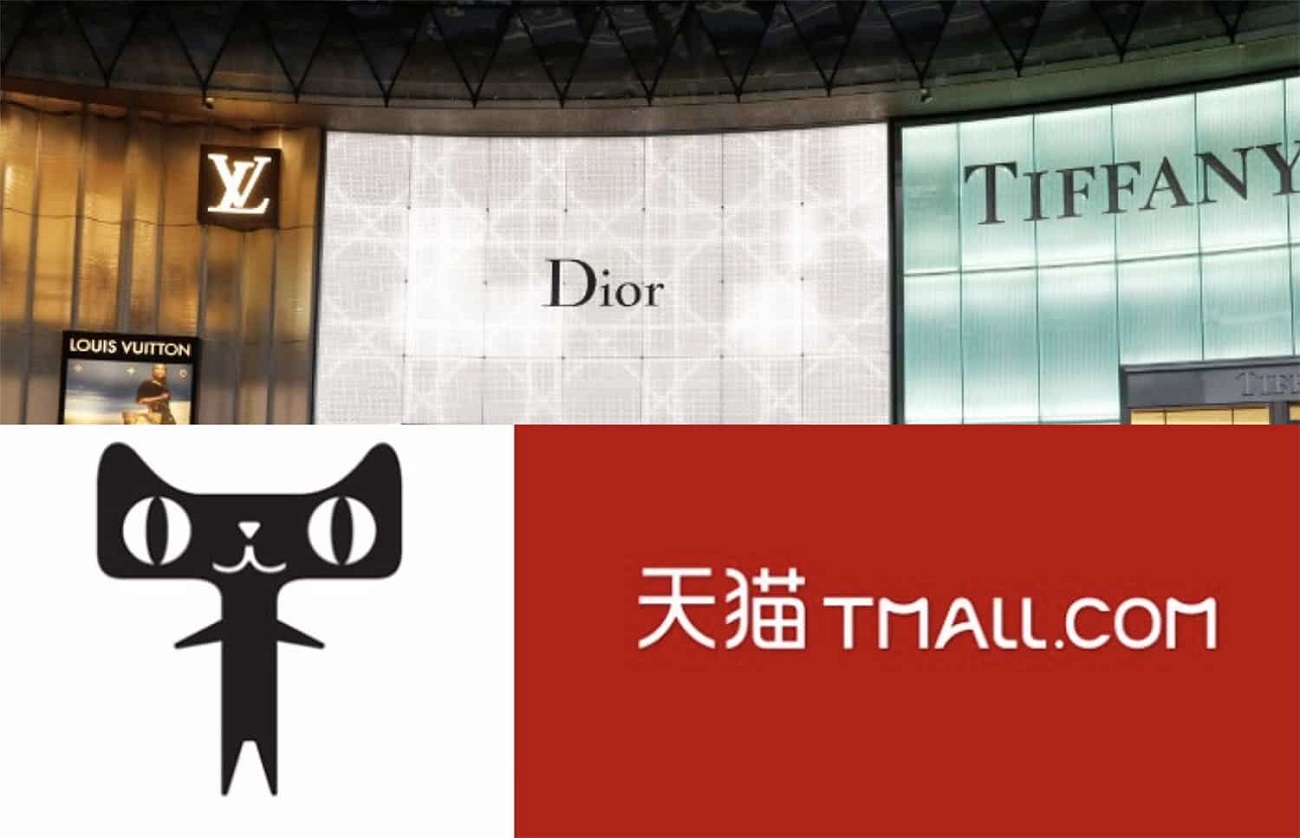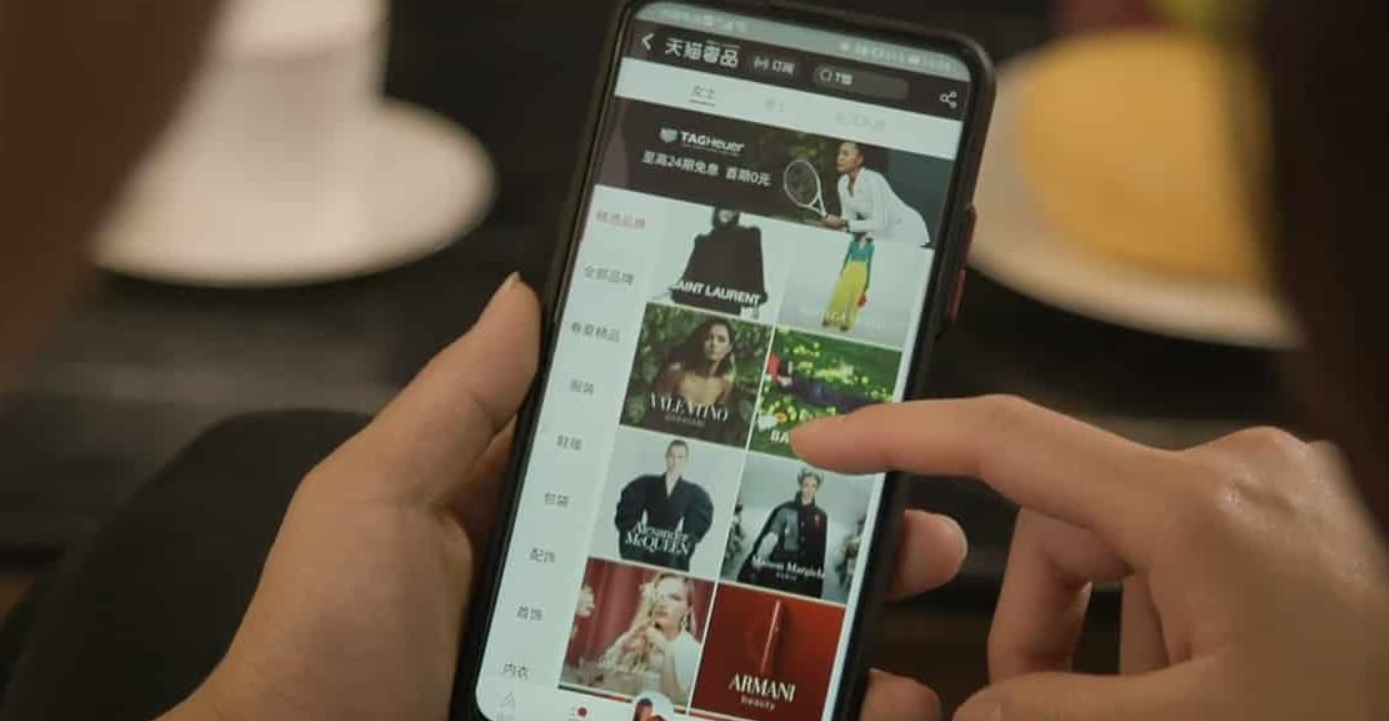Ever since the extended partnership between luxury conglomerate LVMH (Louis Vuitton Moet Hennessy) and Chinese online retail giant Alibaba was announced in May 2024, observers have been curious to know what it means for consumers in China’s growing market for luxury goods. LVMH’s luxury brands–not just Louis Vuitton, Moet, and Hennessy–have always been present in the Chinese retail market, and some of them have stores on Alibaba’s own Tmall luxury shopping platform.
With LVMH taking advantage of Alibaba’s in-house innovations in cloud computing and AI, the possibilities for change in China’s luxury retail market have expanded further. Here’s a look at the consumer-facing high-tech innovations that can arise from the LVMH-Alibaba partnership.
Related article: 5 of the Most Exquisite 2024 Chinese New Year Bag Collections from The World’s Top Fashion Houses
More Luxury Brands in The Chinese Market
Under the leadership of Bernard Arnault, LVMH oversees the top luxury brands in the market for fashion, beauty, jewelry, and spirits, as well as retailers such as Sephora and DFS. While many of LVMH’s popular brands are a mainstay in the Chinese luxury retail market, there are still a handful of LVMH maisons that have yet to make headway in the same market, let alone have a space on Alibaba’s online shopping platforms.
For example, LVMH-owned jewelry brands Tiffany & Co. and Chaumet were recently added to Tmall, and Sephora stores in China started carrying Fenty Beauty by Rihanna in April 2024.
More LVMH brands in China could not only spell dominance for the conglomerate in the market, but could pave the way for brands in niches such as yachts and hotels.
A More Personalized Online Shopping Experience
Much has been written about the role of Alibaba’s existing AI technology in their extended partnership with LVMH. The development of AI technologies for Alibaba’s shopping platforms could pave the way for unique shopping experiences that come close to replicating the in-person luxury boutique experience for online customers. The possible tech innovations could mean anything from virtual try-ons of luxury fashion and beauty products to digital 3D recreations of brick-and-mortar boutiques.
Imagine logging on to Alibaba’s Tmall to “try on” a Make Up For Ever lipstick at a virtual Sephora, check out the intricate details of a Lady Dior bag (one of our 6 classic favorite luxury designer bags) before ordering, or get custom recommendations for the perfect necklace from a 3D recreation of a Tiffany & Co. store. It can be possible with the development of AI technology under the extended partnership.
Greater Efforts to Build Customer Loyalty
Another buzzword that has arisen from the discussion of the LVMH-Alibaba partnership is “omni-channel retail,” a strategy that allows retailers to meet their customers at every point of contact. The possibility of AI integration into the shopping experience at Alibaba could mean that customers in China’s luxury market may expect seamless, high-quality customer service both online and in person at LVMH-operated boutiques.
Building on both new and existing customer bases for luxury brands may also mean the introduction of technologically-advanced customer membership programs and exclusive access to product launches for any of LVMH’s brands in the Chinese market. The technology may enable Chinese big-ticket spenders to gain a coveted sneak peek at the latest products and fashion shows through live streams and other VIP customer privileges.
Related article: Best Designer Perfumes Of All Time
Final Thoughts
Make no mistake: When two of the most popular and powerful brands in retail come together, the results are bound to change the game. The innovations being proposed as part of LVMH’s collaboration with Alibaba may still be in the development stage, but they could make an impact on online shopping across the board, not just for luxury brands.
Alibaba, after all, is a pioneer in the online shopping arena, and partnering with LVMH through Tmall and other collaborations will elevate the Alibaba brand further. One can also argue that LVMH already has the global advantage of name-brand recognition for their brands, especially Louis Vuitton and Christian Dior which has products in more than one luxury niche.
By adopting a technology-driven approach to the online shopping experience, Alibaba and LVMH are aiming to elevate online shopping in a way that caters to their exclusive and discerning clientele in China. Whether the innovations proposed by both companies will trickle down to other markets in Asia remains to be seen. One thing’s for sure, however: the quest to bring the full luxury shopping experience online has only begun.
Read more Business stories and stay informed on the best in the world of luxury.
Related Article: Chic and Compassionate: How Luxury Fashion Is Embracing The Vegan Leather Movement
–
Featured Image by Retail in Asia















